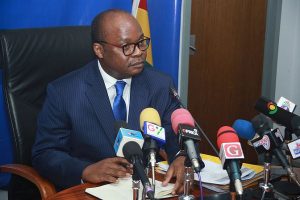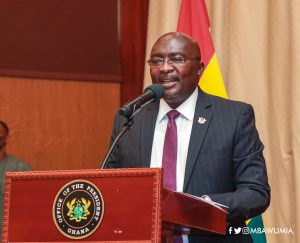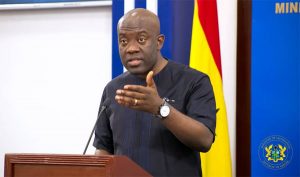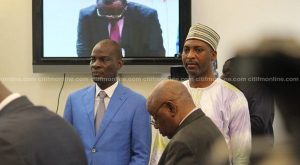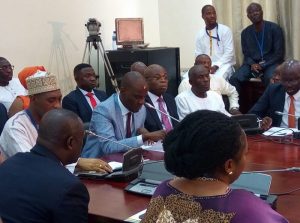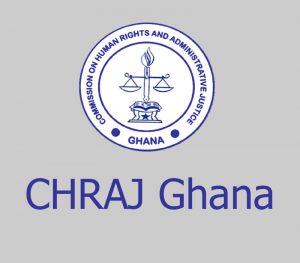Sam Okudzeto, a renowned lawyer and member of the Council of State has said that the Parliament of Ghana has no absolute power to do “anything that they like.”
He maintains that it is a wrong perception that the august House has all the supremacy to perform functions without question.
Okudzeto said that Parliament has the prerogative to make laws in accordance with the spirit and letter of the constitution.
“There’s some wrong perception that Parliament can do anything they like; they don’t have such power. There are certain powers that are limited to the President alone. There are rights given to Parliament to make laws; but if the laws are inconsistent with the constitution, the court will declare it to be null and void,” Okudzeto said on Asaase Radio’s The Big Bulletin.
Separation of powers
“That’s all separation of powers is about. If you understand constitutional law, it talks about checks and balances. And constitutional law makes it clear that there must be checks and balances. It means that one has power but that power is not absolute; there are limits to it. The President has powers but those powers are not limitless and if he goes beyond it, he can be checked,” Okudzeto told show host Beatrice Adu.
Minority on parliamentary interference
The Minority Leader in Parliament, Haruna Iddrisu, described the Supreme Court’s declaration that the two Deputy Speakers of Parliament can vote while presiding as a travesty of justice relating to parliamentary practice.
“Our attention has been drawn to a very disappointing ruling of the Supreme Court of Ghana which more or less amounts to a judicial interference in time-tested parliamentary practice and established conventions,” Iddrisu told journalists in Parliament on Wednesday.
“Everywhere in the world in civilized democracies, including the United Kingdom, the presiding officer’s vote is discounted, so it is not for nothing that Article 102 provides that a person presiding shall have no original nor casting vote.
“The Supreme Court to put it aptly, this ruling is judicial support for E-Levy, for a struggling economy in distress, and judicial support for the restoration of a matter they have said is constitutional, it is repugnant but what can we do. This is a travesty of parliamentary justice,” he declared.
Ghana doesn’t operate parliamentary supremacy
However, former Deputy Attorney General, Joseph Dindiok Kpemka said Ghana, as a country, does not function with its Parliament as the supreme arm of the state.
According to Kpemka, although Parliament is a master of its own rules, the constitution remains the supreme document in Ghana, therefore any law that conflicts with the constitution must be nullified.
Speaking on Asaase Radio’s news analysis and current affairs programme, The Forum, on Saturday, Kpemka said, “we’re not running a country of parliamentary supremacy, that’s not what we are running in Ghana. We are running a country of constitutional supremacy and that’s very clear. So, when I heard some of the members of parliament talk about Parliament being master of its own rules, yes, that’s true.
“…But to the extent that those rules and regulations they enact do not conflict with any principle of the constitution, then they stand. But as soon as they conflict, then we invoke Article 12 of our constitution and declare them a nullity; that is the law.”


